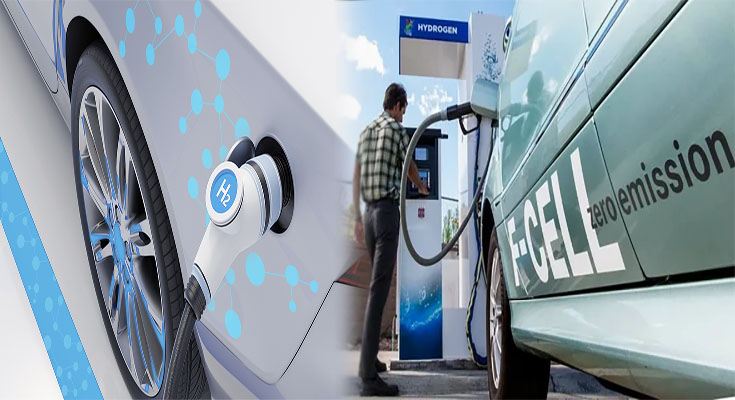The global automotive industry is witnessing a notable shift towards electric vehicles (EVs), and this trend is particularly pronounced in emerging markets. As nations strive to reduce greenhouse gas emissions and combat air pollution, the demand for electric cars in emerging markets is on the rise. Several factors are driving this surge in demand for electric vehicles, and it’s shaping the future of transportation in these regions.
Government Incentives and Support
Many emerging markets are implementing supportive policies and incentives to promote the adoption of electric vehicles. Measures such as tax incentives, subsidies, and investment in charging infrastructure are encouraging consumers and businesses to embrace electric cars as a cleaner and more sustainable form of transportation.
Environmental Concerns and Air Quality
The growing awareness of environmental issues and air pollution is prompting consumers and policymakers in emerging markets to seek cleaner alternatives to traditional internal combustion engine vehicles. Electric cars, with their zero tailpipe emissions, are being recognized as a solution to address these pressing environmental concerns.
Technological Advancements
Advancements in electric vehicle technology, including improvements in battery performance, charging infrastructure, and range capabilities, are making electric cars more appealing and practical for consumers in emerging markets. The accessibility of affordable and reliable electric vehicle models is further fueling the demand for this sustainable mode of transportation.
Economic Benefits and Cost Savings
For many consumers in emerging markets, the lower operating costs and potential long-term savings associated with electric vehicles are becoming increasingly attractive. Electric cars offer reduced fuel expenses, lower maintenance costs, and potential long-term environmental benefits, making them an appealing choice for cost-conscious consumers and fleet operators.
Urban Planning and Infrastructure Development
Emerging markets are experiencing rapid urbanization, leading to increased traffic congestion and environmental challenges. Electric cars are seen as a viable solution for sustainable urban mobility, prompting cities and urban planners to incorporate electric vehicle-friendly infrastructure and policies to support their adoption.
Industry Collaboration and Investment
Automakers, technology companies, and governments are collaborating to drive innovation and investment in electric vehicle manufacturing and infrastructure development in emerging markets. This concerted effort is creating a conducive environment for the widespread adoption of electric cars and positioning emerging markets as significant players in the global electric vehicle ecosystem.
The rising demand for electric cars in emerging markets represents a significant opportunity for sustainable transportation and economic growth. As more consumers, businesses, and policymakers embrace electric vehicles, these markets are poised to play a pivotal role in shaping the future of the automotive industry and reducing carbon emissions on a global scale.
The increasing demand for electric cars in emerging markets is a testament to the accelerating transition towards sustainable transportation solutions. With supportive policies, technological advancements, and a growing awareness of environmental concerns, electric vehicles are gaining momentum and transforming the mobility landscape in emerging markets. This demand not only reflects the shift towards cleaner transportation but also signifies a promising future for electric vehicles and sustainable mobility worldwide.













